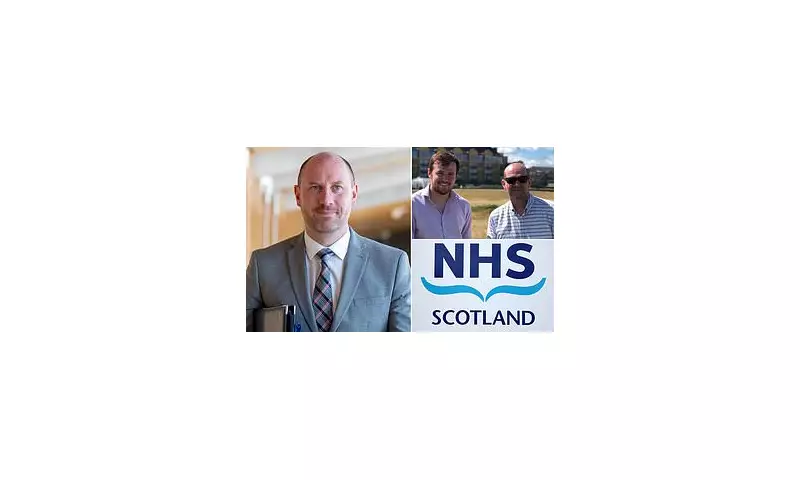
Health Secretary Neil Gray is facing accusations of 'gross negligence' after refusing to guarantee 24/7 specialist stroke care across Scotland, despite urgent pleas from leading medical professionals.
The Scottish Conservative leader, Douglas Ross, launched a scathing attack during First Minister's Questions, highlighting the life-threatening postcode lottery that leaves stroke patients outside major cities without access to critical thrombectomy services.
The Thrombectomy Treatment Divide
Thrombectomy, a revolutionary mechanical clot removal procedure, is currently only available at four Scottish centres: Edinburgh, Glasgow, Aberdeen, and Dundee. Crucially, this vital service operates on a restricted weekday schedule, leaving patients who suffer strokes during evenings, weekends, or holidays without access.
Medical experts emphasise that time is brain tissue. The procedure is most effective when performed within hours of a stroke, significantly improving chances of survival and reducing long-term disability.
A Political Storm in Holyrood
The issue ignited during a heated exchange at FMQs. Douglas Ross challenged First Minister John Swinney, demanding a concrete commitment to round-the-clock care. He presented a powerful case, stating that denying this treatment equates to denying patients a full recovery.
In a move that shocked opposition parties and health campaigners, Health Secretary Neil Gray later explicitly refused to commit to the 24/7 model. This stance directly contradicts the ambitions of healthcare leaders and the Scottish Stroke Improvement Plan.
Lives Hang in the Balance
This failure to act has created a dangerous two-tier system. A patient suffering a stroke in the central belt on a Tuesday afternoon has a fighting chance. That same patient on a Saturday night faces a dramatically different, and bleaker, outcome.
The government's inaction stands in stark contrast to the clear clinical consensus. The Scottish Stroke Alliance and other professional bodies have been unequivocal in their calls for a universally accessible, 24/7 service, labelling it a fundamental necessity, not a luxury.
As the government defends its record, patients and their families are left waiting for a commitment that could mean the difference between life and death, or between independence and lifelong care.





